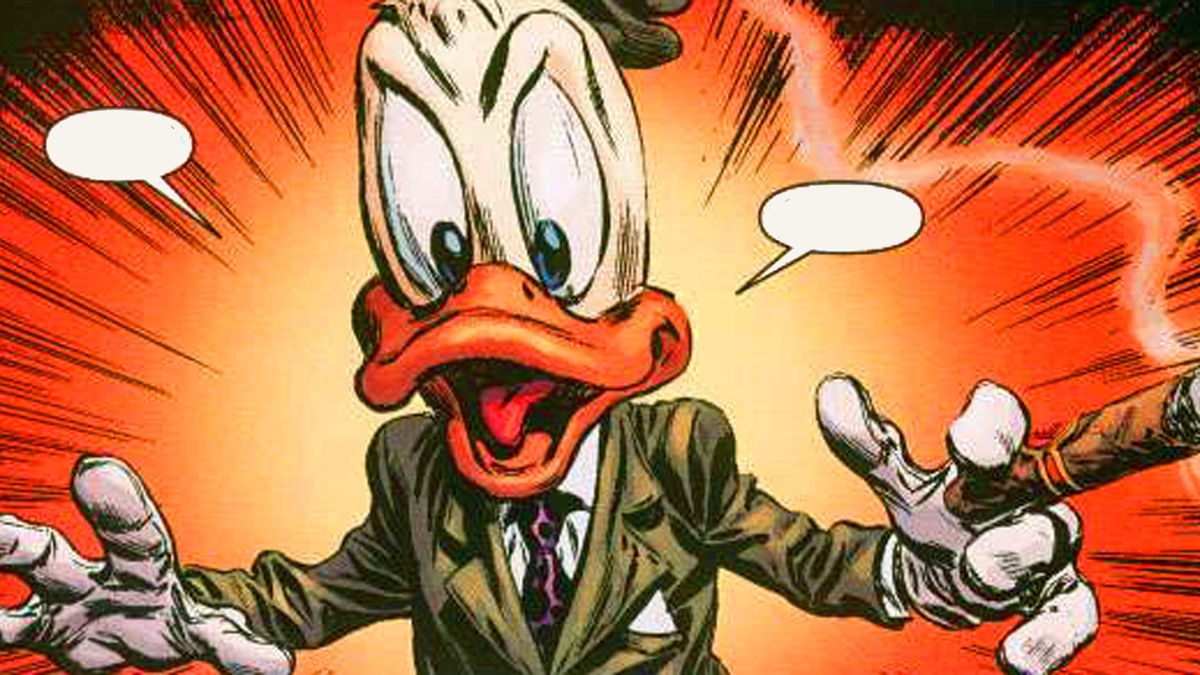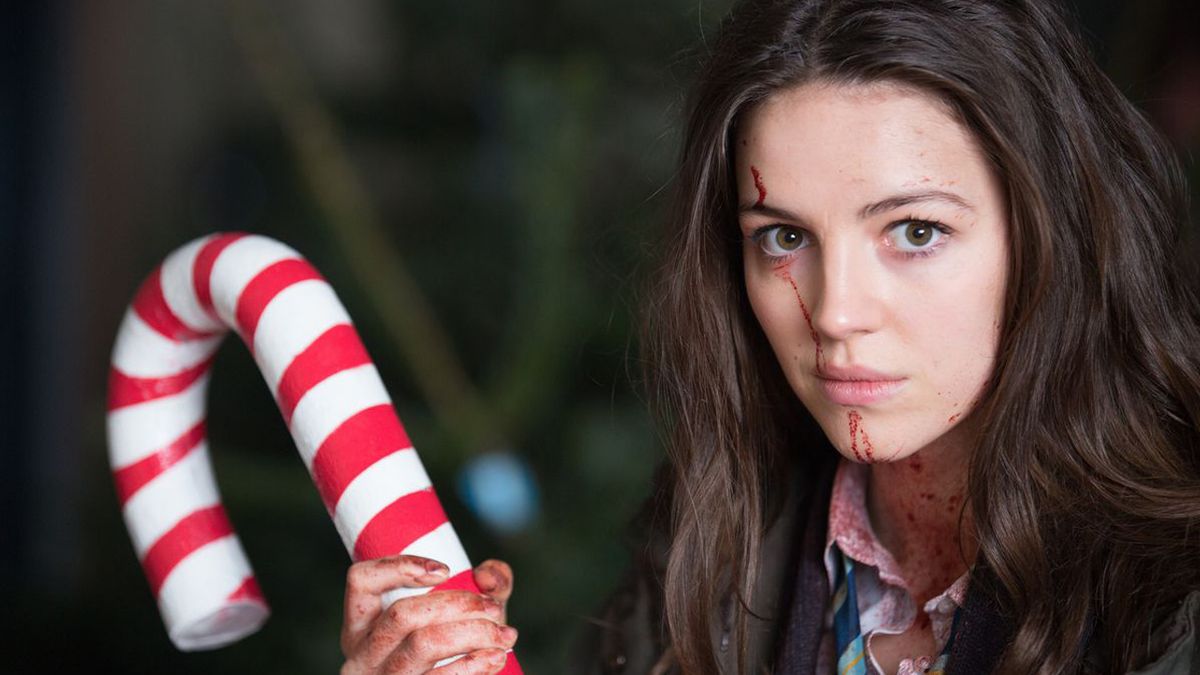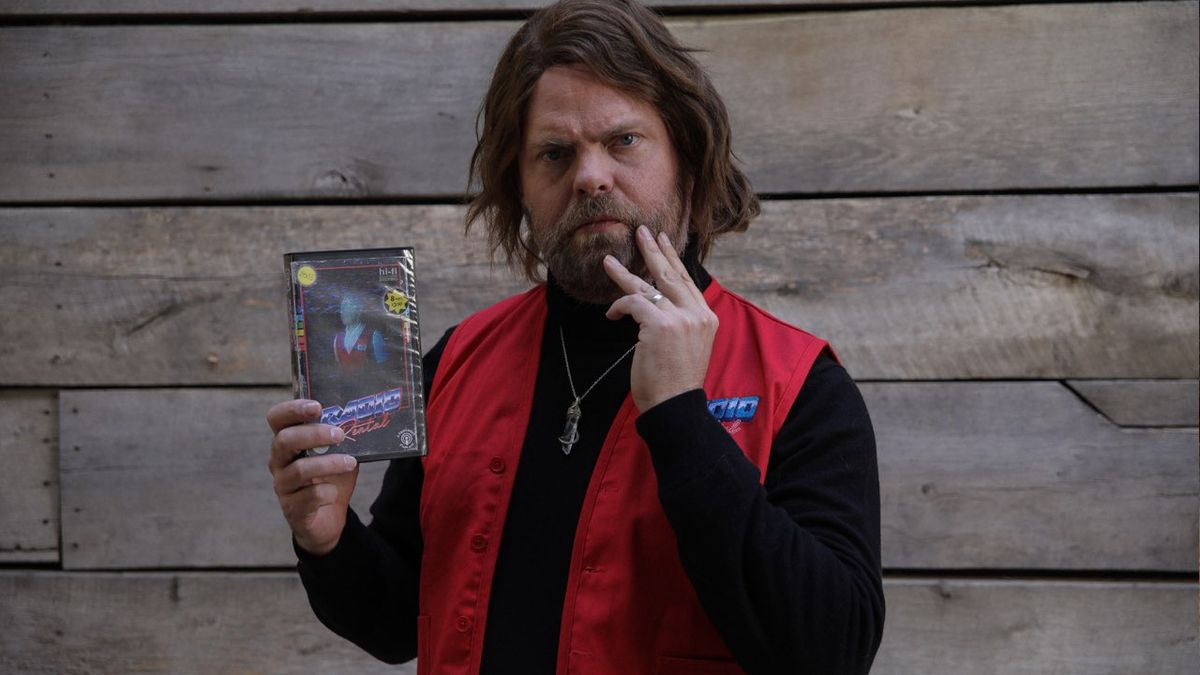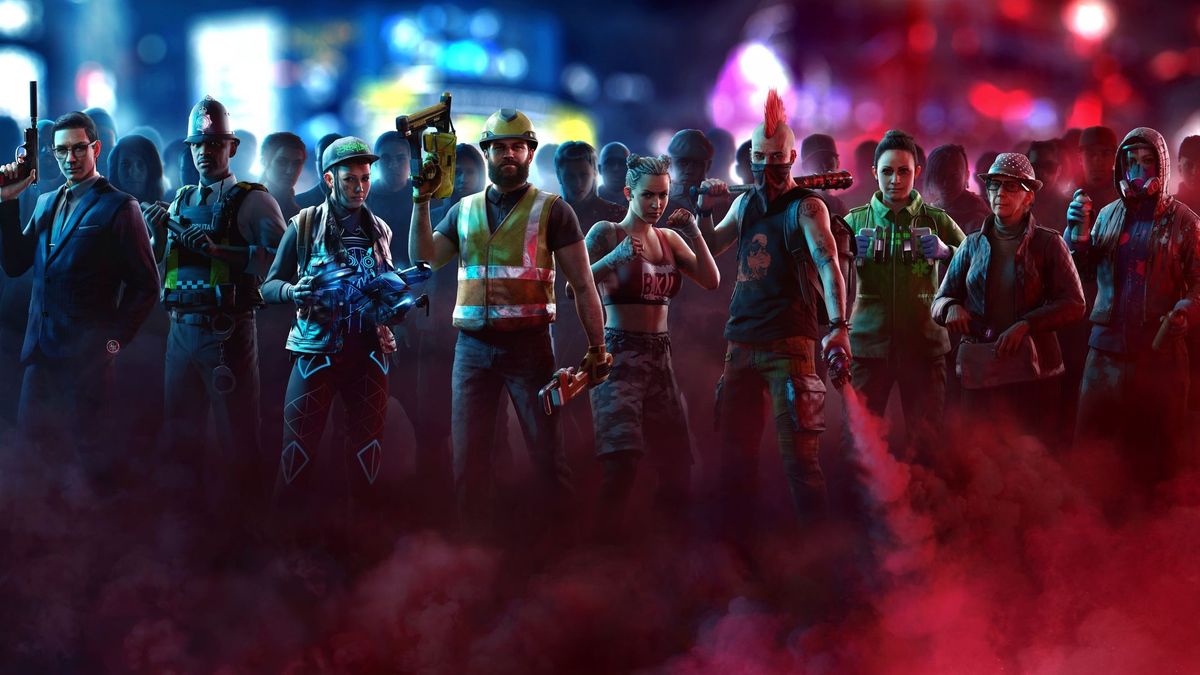An interview with the Songs Of The Earth writer

(opens in new tab)
After 20 years in IT, Elspeth Cooper took a bit of persuading to chance her arm at getting into print. “It took me until I was 40 to submit my writing to a literary agent, and even then it was mostly just to get my husband to stop nagging me about it!” she admits. Two weeks after finding an agent she had a publisher. Her debut novel, Songs Of The Earth (the first in The Wild Hunt Trilogy), is out now from Gollancz. This is an extended version of an interview that appeared in SFX 209.
You have 50 words to write the blurb for the back of Songs Of The Earth . What would you say?
It took me 150k words to tell this story, and now you want me to sum it up in 50? Crikey. Here goes:
“Imagine being gifted to hear the songs of the earth. Would you embrace it? The Church believes you’re a witch, and wants you dead. Would you run? A war is beginning that could silence the Song forever. Would you stand and fight? Gair does. Now he’ll pay the price.”
Ha! 49 words, and it only took me two hours to get there. Sometimes I amaze even myself.
Have you always wanted to be a writer?
The only time I’ve ever known with iron-hard certainty what I wanted to be when I grew up was when I was five. I was given a book on dinosaurs, and decided there and then that I wanted to be a palaeontologist. I couldn’t spell it, but I was damn sure I wanted to be one.
After that I wanted to be an Egyptologist – my Mum went to the Tutankhamen exhibition and brought back this gorgeous book with the quote inside from Howard Carter: “Can you see anything?” “Yes, wonderful things.” I was enthralled.
Quite how all this led to a 20-year career in IT is anybody’s guess.
Anyway, history in all its forms has always appealed to my curiosity. I’ve always wanted to know why, which leads logically to “What happens next?” which is right at the root of storytelling, isn’t it?
Looking back I can see that I’ve always harboured this idea that I would like to be a writer, but I never in a million years considered that I might be good enough to get published. I’m one of those people who fears change, and doesn’t like to try to do something new unless they’re pretty sure they can do it well, which is why I stayed so long in the same job, and why it took me until I was 40 to submit my writing to a literary agent.
So you can imagine how completely and utterly blown sideways I was when somebody not only said yes, but found me a publisher less than two weeks later.
Oh, you were expecting a heart-rending story of rejections, despair and razor-blades, were you? Sorry about that; you should have said.
How long have you been working on Songs Of The Earth ?
Songs took about 15 years, all told. There were a couple of false starts, where I was feeling out the shape of the story, that go back to 1992/3 or thereabouts, maybe even earlier – I distinctly remember writing some early scenes when I was still living at my parents’, but those files are all on floppy disks (remember those?) somewhere in the bottom drawer of my desk.
In its current form, Songs was born one dark and stormy night in 1997, although it was a couple of years before I admitted to myself that actually, yes, I was writing a novel. Before that it had been a thing, a project, a story; I couldn’t bring myself to say B-O-O-K out loud until I could see the end.
How different is the finished story to what you originally saw in your head?
Those “false starts” I mentioned are very different to the finished story. About the only thing they have in common with Songs as it stands are the character names, and a couple of places. What I started writing in 1997 is now the finished story, and has changed very little.
As you’ve probably guessed I am a “gardener” sort of a writer, rather than an “architect”; as long as I know the beginning, end and a few high points to hit along the way, I let the story lead me through the rest of it. It’s a voyage of discovery for me as much as for the reader. Sometimes when you’re not really paying attention and just letting the words flow, the characters join the dots for you in the most remarkable ways.
Not wishing to compare myself to Michelangelo or anything, but he once said that he saw the angel in the marble and just carved until he set it free, and that is kind of how I write. I feel the shape and texture of what I want to say and just chip away until I get to it. I can tell when I’m there; it resonates and I don’t want to fiddle with it any more. God, that sounds pretentious, doesn’t it?
Have you had a “eureka!” moment when you’ve thought, “Yes! I’m an author!”
I’m still waiting for that to happen! It’s taken the last 18 months to get over the surreal, “are-they-really-talking-about-me?” feeling. Some days I still feel like I’m watching this all happen from the outside.
What do you think makes a really good fantasy novel?
A really good fantasy novel needs most of the things that you need for a really good novel: compelling story, sympathetic characters etc. But what makes a really good fantasy novel for me has to be that breath of magic (even if there isn’t any magic in it per se) that makes it come alive for the reader.
It’s easier to do this with an example: Robert Holdstock’s Mythago Wood . I don’t think it puts a foot wrong; the strangeness of the wood, the otherness of the mythagos grows out of the story in such a credible and organic fashion that you accept it utterly, and it pulls you in like the vortices in the forest without you ever stopping to question how you got there. That’s what I mean by a breath of magic.
Were there any genre clichés you knew you definitely wanted to avoid?
I never actually sat down and decided, “I’m going to write a book, so I’ll do this, this and this; and I won’t do that, that or that.” There was nothing like that kind of intellectual reasoning about it – but I did flinch instinctively from the notion of prophecy, or any kind of destined hero. I’d read a bit too much of that, and I didn’t like the idea of having some crumbly old scroll somewhere with a road-map for the story on it, and the characters were just acting out roles. I wanted to write a story about people; they just happened to inhabit a fantasy landscape.
Would you like to return to the world of The Wild Hunt Trilogy, or try something totally different?
After the Wild Hunt, I think I’ll stay in the same universe for at least one more book – I have an outline for a darkly humorous fantasy called Madrigal which will take place in the White Havens. It’s about a gentleman-assassin who takes on a high-risk, high-paying job that none of the other hit-men in the city will touch, because he needs a lot of money by Tuesday week or he’ll have to explain to his grandmother what happened to his inheritance.
After that, I’m not sure. There’s a few ideas percolating, we’ll have to see. I have a totally insane idea for a 12-part project that I keep looking at and thinking “No way!” but I can’t seem to let go of it, either.

(opens in new tab)
 Game News Video Games Reviews & News
Game News Video Games Reviews & News



